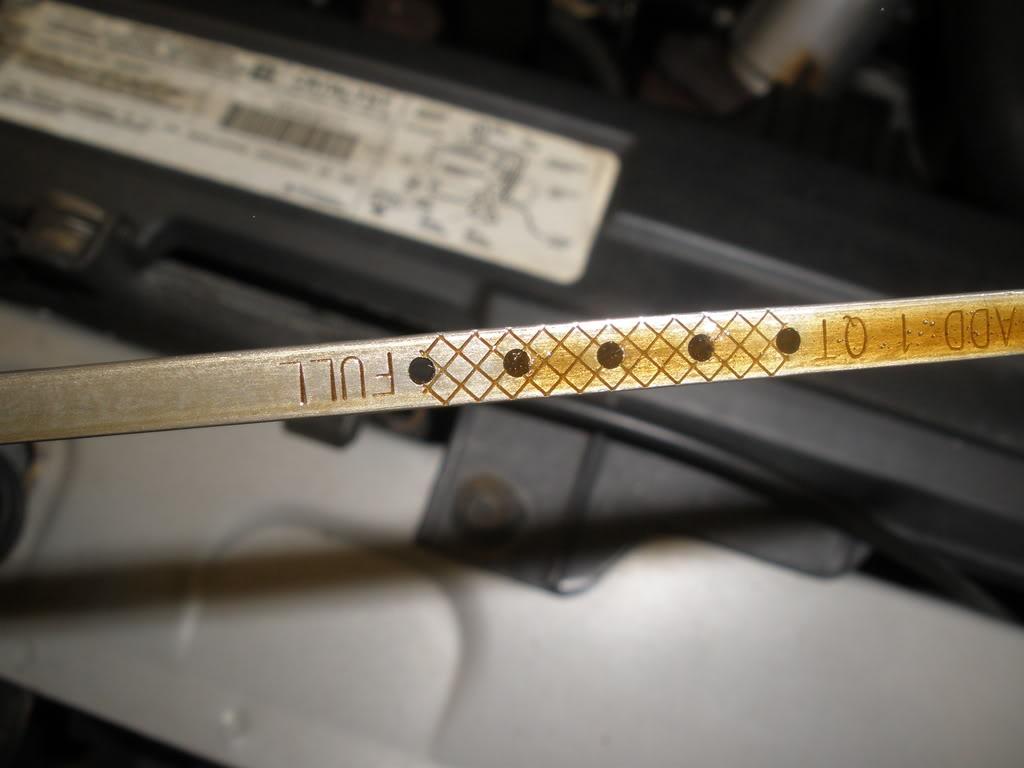Car makes noise when accelerating at low speeds due to issues such as worn-out belts, damaged wheel bearings or CV joints, or a malfunctioning exhaust system. To fix these problems, it is recommended to replace the worn-out belts, repair or replace damaged wheel bearings or CV joints, and have the exhaust system checked for any leaks or damaged parts.
Proper maintenance and regular inspections can prevent these issues and ensure a smooth driving experience.

Credit: carfromjapan.com
Common Causes Of Noise While Accelerating At Low Speeds
Accelerating at low speeds may cause noise in cars, often due to loose or damaged components such as worn belts, damaged CV joints, or issues with the exhaust system. Regular maintenance and prompt inspection can help identify and fix these common causes.
Engine Issues
`When your car starts making unusual noises while accelerating at low speeds, it can be a cause for concern. Engine issues are one of the common culprits behind such noise. Several factors can lead to engine-related noise problems. Let’s take a closer look at the possible causes and solutions.Possible causes of engine noise while accelerating at low speeds include:1. Misfiring Spark Plugs: Worn-out or misfiring spark plugs can disrupt the combustion process, resulting in a rough-running engine and noise.2. Loose or Damaged Belts: If the engine belts are loose, damaged, or worn-out, they can create a squealing or whining noise when accelerating.3. Faulty Engine Mounts: Engine mounts are designed to minimize vibration and noise. However, when they become worn or damaged, they can cause excessive engine movement, leading to noise.4. Exhaust Leaks: Leaky exhaust components can produce a hissing or rumbling noise, especially during acceleration.To fix engine-related noise issues, consider the following solutions:– Replace any faulty or misfiring spark plugs with new ones. – Inspect and tighten or replace any loose or damaged belts. – Check and replace worn-out engine mounts to reduce excessive engine movement. – Inspect the exhaust system for leaks and repair or replace any damaged components.`Transmission Problems
`Another common cause of noise while accelerating at low speeds is transmission problems. The transmission is responsible for transferring power from the engine to the wheels. When it malfunctions, it can lead to noise issues. Let’s explore the possible causes and fixes related to transmission problems.Possible causes of transmission noise while accelerating at low speeds include:1. Low Transmission Fluid: Insufficient transmission fluid can result in a lack of lubrication, causing noise during acceleration.2. Worn Clutch: Manual transmission vehicles may experience noise due to a worn-out clutch assembly or bearing.3. Transmission Synchronizer Issues: Problems with transmission synchronizers can lead to gear engagement noise while accelerating.4. Torque Converter Problems: Faulty torque converters can produce a whining noise during acceleration.To address transmission-related noise problems, consider these solutions:– Check the transmission fluid level and add more if needed. If the fluid appears dirty or has a burnt smell, a transmission flush might be necessary. – Have a professional inspect and replace any worn-out clutch components if applicable. – Seek assistance from a mechanic to diagnose and repair any issues with the transmission synchronizers or torque converter.By identifying the common causes of noise while accelerating at low speeds, you can take the necessary steps to resolve these issues and bring back the smooth and quiet operation of your vehicle.Common Fixes For Noise While Accelerating At Low Speeds
One of the most frustrating car issues is when it starts to make strange noises while accelerating at low speeds. Fortunately, there are several common fixes for this problem that can help you silence the mysterious sounds coming from your vehicle. Below, we’ll explore the top solutions for addressing noise while accelerating at low speeds, focusing on engine maintenance and transmission repairs.
Engine Maintenance
Regular engine maintenance is essential to ensure a smooth and quiet driving experience. When it comes to addressing noise during acceleration, the following maintenance checks can help uncover and resolve the issue:
- Check the engine oil level and quality: Low oil levels or dirty oil can lead to increased friction and cause grinding or knocking noises. Ensure that the oil is at the correct level and consider an oil change if it appears dirty or degraded.
- Inspect the drive belts: Worn or misaligned drive belts can produce squealing or chirping sounds when the engine is under load. A visual inspection and tension adjustment can often remedy this problem.
- Examine the engine mounts: Worn or damaged engine mounts can lead to excessive engine movement, resulting in clunking or thumping sounds during acceleration. Check the mounts for signs of wear and replace as necessary.
Transmission Repairs
Issues within the transmission can also contribute to abnormal noises when accelerating at low speeds. Addressing these concerns may involve the following repair tasks:
- Check transmission fluid levels and condition: Low or contaminated transmission fluid can lead to rough shifting and unusual sounds. Verify the fluid level and condition, and perform a transmission fluid flush or refill if necessary.
- Inspect the CV joints and axles: Worn or damaged CV joints and axles can produce clicking or popping noises during acceleration. A thorough inspection can reveal any issues, and replacements may be required to resolve the noise.
- Evaluate the transmission mounts: Similar to engine mounts, worn or failed transmission mounts can result in excessive movement and noise. Take a close look at the mounts and address any signs of wear or damage.
Other Potential Causes Of Noise While Accelerating At Low Speeds
While the exhaust system and brake issues are common culprits for car noise while accelerating at low speeds, there are a few other potential causes that shouldn’t be overlooked. Identifying and addressing these issues promptly can ensure a smooth and pleasant driving experience. Let’s explore these other potential causes in more detail.
Exhaust System Problems
Problems with the exhaust system can also contribute to noise while accelerating at low speeds. A damaged or rusted exhaust pipe, catalytic converter, or muffler can result in loud rattling or hissing sounds. Additionally, loose or broken hangers or clamps within the exhaust system can cause the various components to vibrate against each other, producing annoying noises.
In some cases, the exhaust manifold gasket might have deteriorated, leading to exhaust leaks. These leaks not only create noise but can also impact engine performance and fuel efficiency. Keep in mind that a damaged exhaust system not only compromises the acoustics of your vehicle but can also result in harmful emissions, making timely repairs crucial for both your car and the environment.
Brake Issues
Noise during acceleration can sometimes be caused by brake-related problems. A common issue is worn-out brake pads or shoes, which can produce a squealing or grinding sound when accelerating. This noise is typically a result of metal-to-metal contact between the brake rotor and the pad, indicating that it’s time for a brake pad replacement.
Another brake-related cause of noise while accelerating at low speeds is a malfunctioning anti-lock braking system (ABS). The ABS is designed to prevent wheel lock-up during sudden braking; however, a faulty ABS sensor can mistakenly engage the system and cause grinding noises. If you suspect ABS issues, it’s best to get your car inspected by a professional technician as soon as possible.
Moreover, brake calipers that are sticking or failing can also lead to noise while accelerating. When the caliper fails to retract properly after braking, it can cause continuous contact between the brake pad and rotor, resulting in a scraping or rubbing sound.
| Potential Cause | Noise Characteristics |
|---|---|
| Exhaust system problems | Loud rattling or hissing sounds; Vibrations between components |
| Worn-out brake pads or shoes | Squealing or grinding noises |
| Malfunctioning ABS | Grinding noises |
| Sticking or failing brake calipers | Scraping or rubbing sound |
These are only a few other potential causes of noise while accelerating at low speeds. However, it’s important to note that accurately diagnosing the issue can require professional expertise. Consulting a trusted mechanic or car technician can help in identifying the exact cause and ensuring appropriate repairs are carried out, ultimately restoring the smooth and quiet ride you desire.

Credit: www.autotechiq.com
Additional Steps To Identify The Noise
To identify the noise when your car makes noise while accelerating at low speeds, there are additional steps you can take. These steps will help you pinpoint the cause and find the appropriate fixes to resolve the issue.
Inspecting The Suspension
If you have followed the initial steps to identify the noise and still haven’t pinpointed the issue, it may be necessary to inspect the suspension of your vehicle. The suspension system plays a crucial role in maintaining a smooth and comfortable ride, and any problems in this system can result in strange noises when accelerating at low speeds. Follow these steps to thoroughly inspect your suspension:
- Start by visually inspecting the suspension components for any signs of damage or wear. Look for worn-out bushings, cracked or broken parts, or any leaks.
- Next, check the suspension mounting points. These are the connections between the suspension components and the vehicle’s body. Ensure that they are secure and free from any looseness or play.
- If you suspect any issues with the suspension, it’s a good idea to elevate your vehicle using a jack and jack stands. This will allow you to have better access and visibility to the suspension components.
- While the vehicle is lifted, carefully inspect the suspension springs for any signs of damage or sagging. Springs that are worn or broken can lead to noise issues during acceleration.
Checking The Wheels And Tires
If the noise persists after inspecting the suspension, it’s time to focus on the wheels and tires. Problems in these areas can also lead to noise when accelerating at low speeds. Follow these steps to check your wheels and tires:
- Start by visually inspecting the tires for any signs of uneven wear or damage. Check the tread depth and look for any bulges or cuts on the sidewalls.
- Ensure that the tires are properly inflated to the manufacturer’s recommended pressure. Low tire pressure or uneven inflation can cause noise issues.
- Next, check the wheel lug nuts for tightness. Loose lug nuts can cause the wheels to wobble and produce noise during acceleration.
- If you suspect any issues with the wheels or tires, consider getting them balanced and aligned. This can help eliminate any vibration or noise caused by imbalances or misalignments.
By following these additional steps to identify the noise, you’ll be able to thoroughly inspect the suspension, as well as check the wheels and tires for any potential issues. Remember, if you’re unsure or unable to identify the source of the noise, it’s always recommended to consult a professional mechanic for further assistance.

Credit: www.autotechiq.com
Conclusion
Identifying and addressing the causes of unusual noises when accelerating at low speeds is crucial for maintaining a smooth and safe driving experience. Whether it’s worn-out components, faulty engine mounts, or issues with the exhaust system, prompt action will help prevent further damage.
Regular maintenance and professional inspections can go a long way in resolving these issues.


